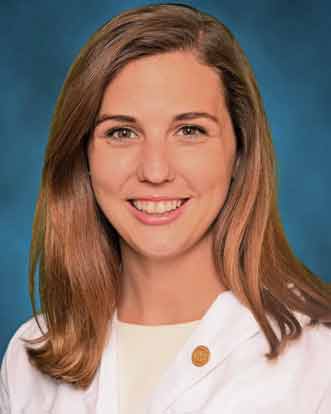 In early February, I was fortunate enough to attend AcademyHealth’s National Health Policy Conference in Washington, DC, due to a generous scholarship from Benjamin Rush Institute. At this conference, I learned about the intricacies of Medicaid state innovation waivers, how multi-payer episodes of care payment models are being implemented in various states, and the difficulties of passing any healthcare bill in the current political climate. What struck me most, however, was not the specific content of any one lecture, but rather the range of people with whom I was in attendance. The seemingly marginal number of healthcare providers amongst the lawyers, economists and other policy makers surprised me.
In early February, I was fortunate enough to attend AcademyHealth’s National Health Policy Conference in Washington, DC, due to a generous scholarship from Benjamin Rush Institute. At this conference, I learned about the intricacies of Medicaid state innovation waivers, how multi-payer episodes of care payment models are being implemented in various states, and the difficulties of passing any healthcare bill in the current political climate. What struck me most, however, was not the specific content of any one lecture, but rather the range of people with whom I was in attendance. The seemingly marginal number of healthcare providers amongst the lawyers, economists and other policy makers surprised me.
Although I recognize the importance of professional collaboration in forming any national policy, it was discouraging that there were not more physicians at the forefront of the conversations regarding the future of care in our country. The policies resulting from these discussions have the potential to impact doctors’ most basic patient interactions and can affect our ability to provide what we believe to be the best possible care.
Not only do we need to actively encourage more physicians to take a seat at the table in this discussion, we should also be empowering and educating our patients to be involved as well. We had the pleasure of listening to the Surgeon General Dr. Jerome Adams discuss how he plans to tackle the opioid epidemic in America. His message emphasized how the vast majority of the American public does not vote based on considerations of health, but rather on jobs, the economy and national security. He quoted the staggering statistic that in the United States, seventy-percent of eighteen to twenty-four year-olds are ineligible for military service due to health concerns. In this way, health is drastically impacting our national security. We need to reframe healthcare in such a manner so that everyone in our country understands its true impact on society. This will incentivize more people to invest themselves in discussions of how they believe care should be provided.
I have always felt a strong duty to engage in the issues affecting my ability to care for my patients, but after this conference, I now know that also means actively encouraging my colleagues to take part in this discussion as well. In order to be true advocates for our patients, we as healthcare professionals must stand for them at the individual, local and national levels. We need an active role in the policy making process to ensure preservation of the sanctity of the physician-patient relationship.
